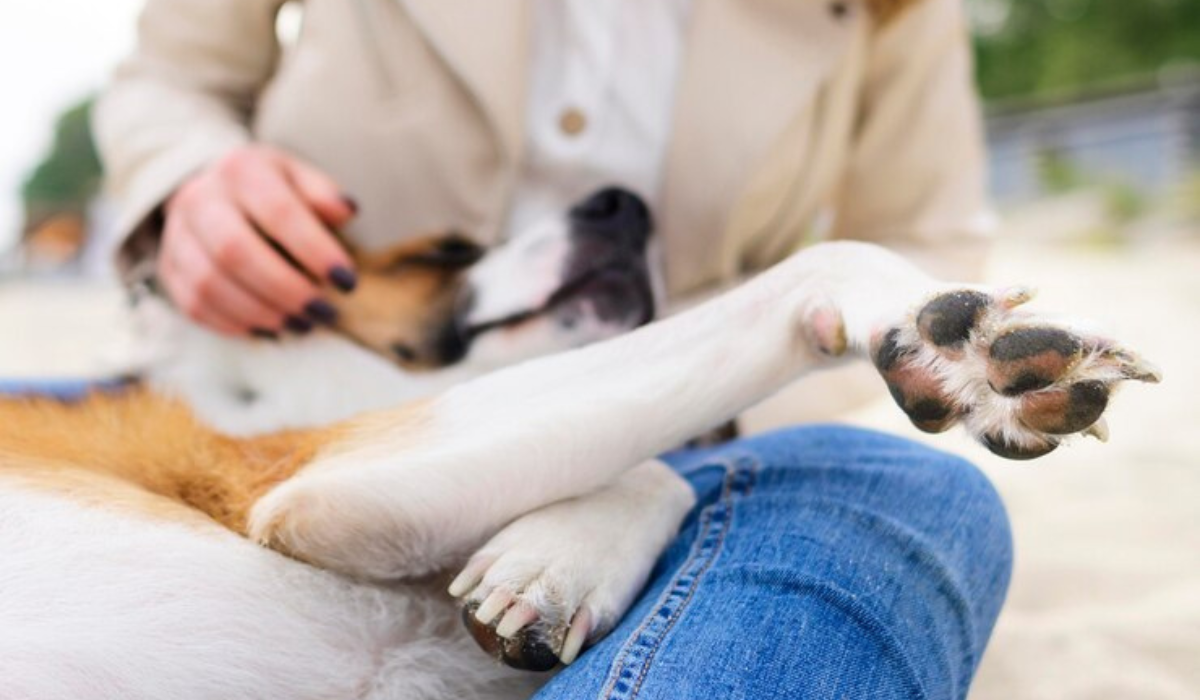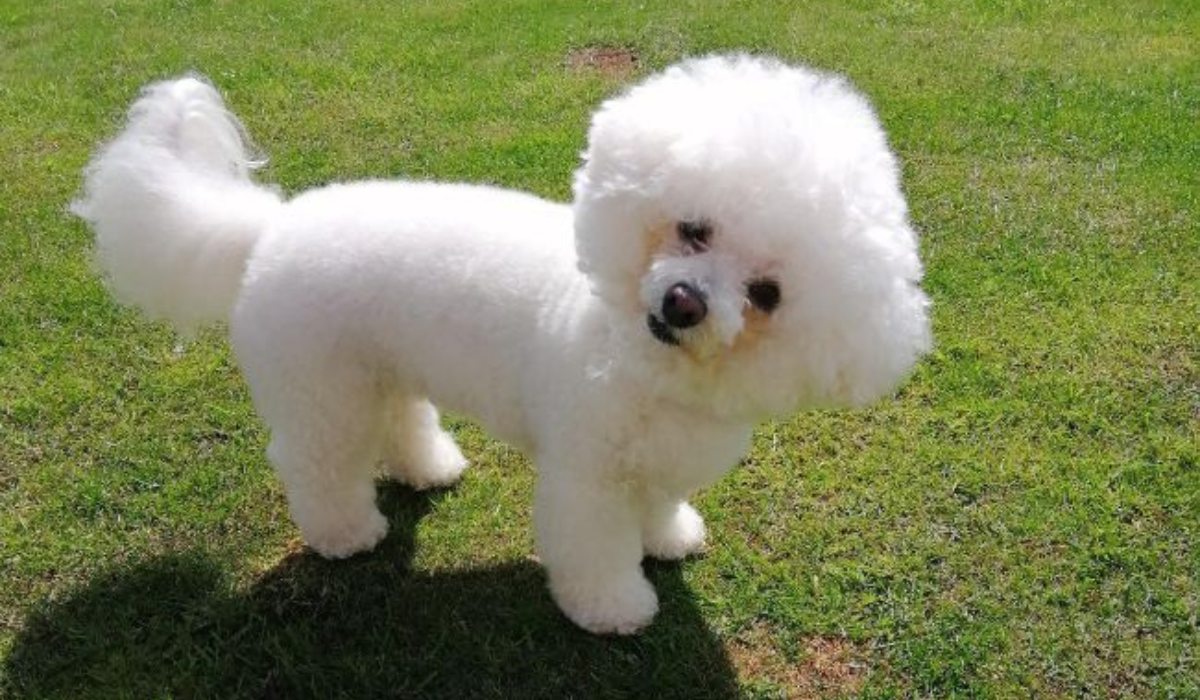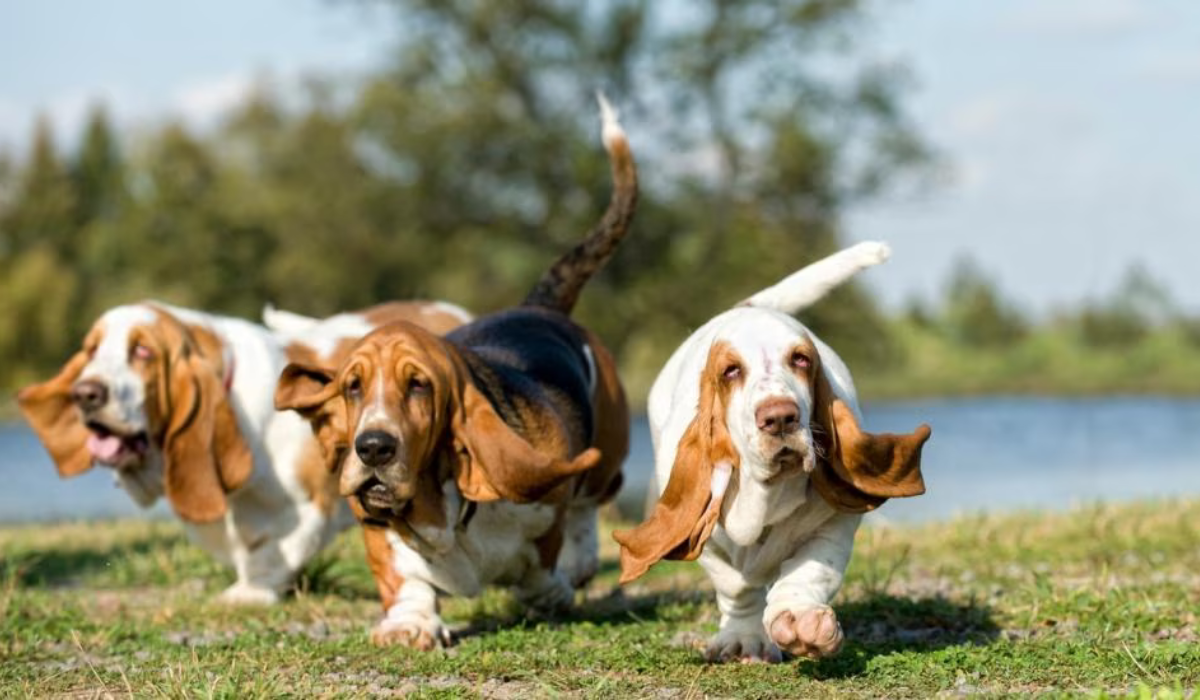Known as the “fluffy powder puff,” the Bichon Frise is a small breed with a lot of personality. The purpose of this article is to examine the details of the Bichon Frise breed, including its history, key characteristics, adaptability to weather changes, and a balanced assessment of its pros and cons.
Bichon Frise details:
Bichon Frise dogs are known for their fluffy, curly coats and lively dispositions. A typical adult stands between 9 and 12 inches at the shoulder and weighs between 12 and 18 pounds. There is a plume of fur that curls over the back of the breed, as well as a rounded head and dark eyes. White is the most common color, but cream, apricot, and gray variations are also known.
The history of:
Having roots in the water spaniel family, the Bichon Frise has a rich history in the Mediterranean region. The name of the breed comes from the Middle French word “bichon,” which means small dog. Spanish, French, and Italian nobility became particularly fond of Bichons over the centuries. Due to their engaging personalities, they gained popularity as companion animals and circus performers. We know the Bichon Frise we know today as a result of careful breeding to preserve its charming characteristics.
These are the key features:
The Bichon Frises are known for their playful and friendly nature. Companionship is important to them, and they often form strong bonds with their owners.
Besides being eye-catching, the Bichon’s distinctive curly coat is hypoallergenic as well. To prevent matting and maintain its texture, it must be groomed regularly.
Adaptable: Bichons are capable of adapting to a variety of living situations, making them suitable for both apartments and houses. Due to their small size and moderate exercise requirements, they are versatile.
Changes in weather and adaptability:
While providing a charming and elegant appearance, the Bichon Frise’s coat requires regular grooming to prevent matting. The breed is generally adaptable to a wide range of climates, but owners should be cautious during extreme temperatures. Providing shade, hydration, and avoiding strenuous activity during peak heat times are crucial in hot weather despite the white coat’s ability to reflect sunlight.
The pros of owning a Bichon Frise include:
-
Companionship: Bichons are known for their affectionate and loving natures, making them excellent companions for families and individuals.
-
Their curly coat sheds minimally, making them suitable for allergy sufferers or those who prefer a clean home.
-
A Bichon Frise can adapt to a variety of living situations, thriving in both urban and suburban areas.
-
Throughout their lives, these dogs maintain a playful and engaging demeanor, bringing joy to their families.
The cons of owning a Bichon Frise include:
-
In order to maintain its characteristic appearance and prevent matting, the Bichon’s coat must be groomed regularly.
-
When left alone for a prolonged period of time, Bichons may develop separation anxiety, since they thrive on human companionship.
-
Bichons can be stubborn, so consistent training and positive reinforcement are necessary to overcome any resistance.
-
There are several potential health issues associated with Bichon Frises, including dental problems and joint problems.
I believe the Bichon Frise is a charming and elegant breed that brings joy and affection to those who are lucky enough to share their homes with them. Bichon Frises are popular because of their lively personalities, low shedding, and adaptable natures.









